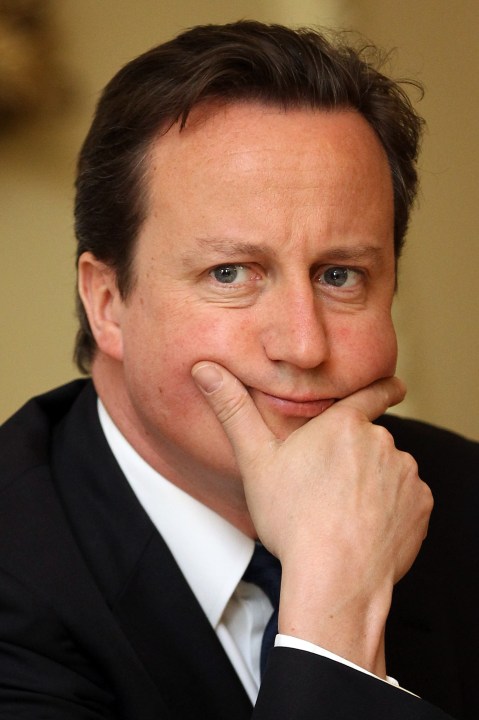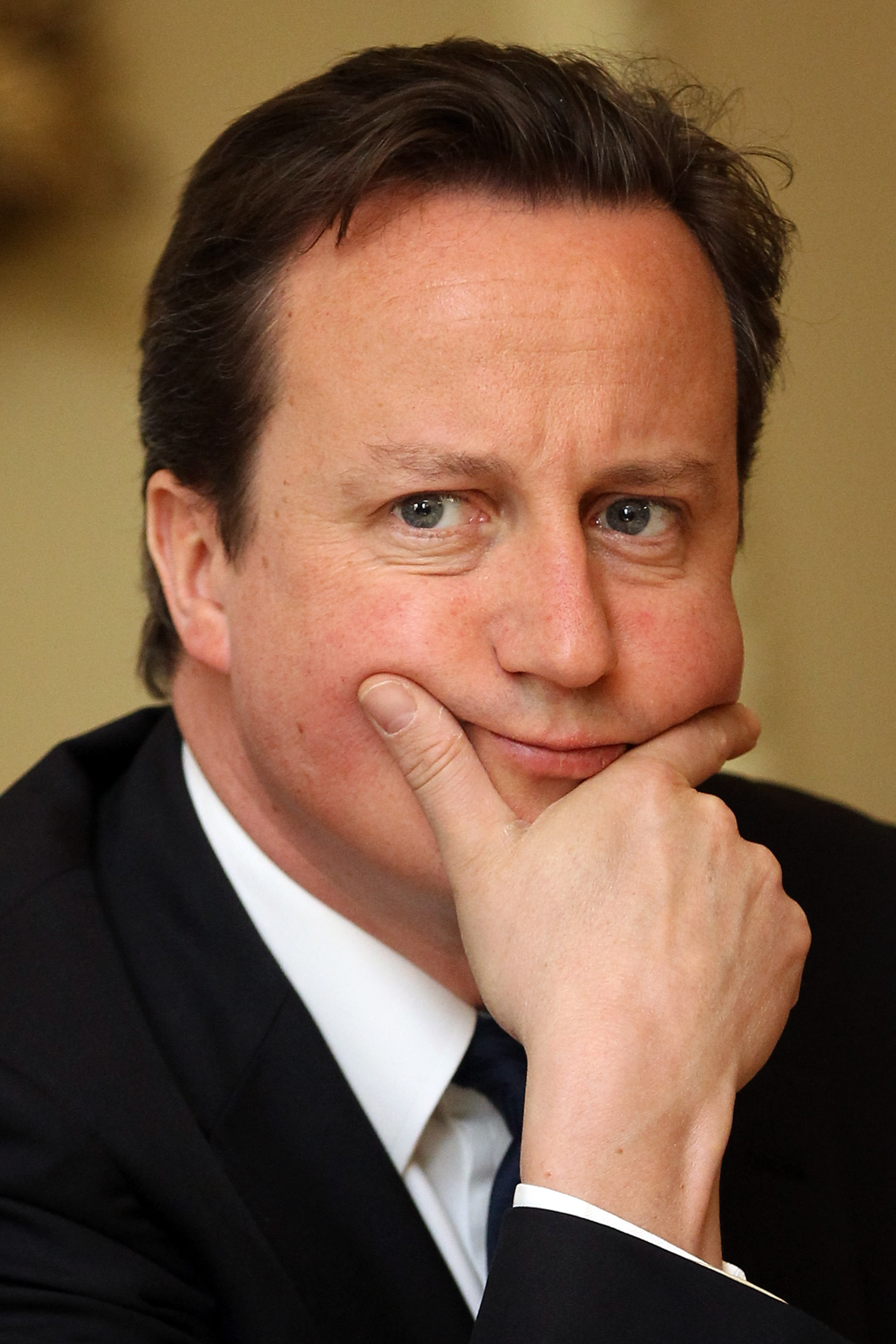 There is, really, little that is new in David Cameron’s speech on immigration today. Besides one or two grace notes, almost all of its policy suggestions
appeared in the Coalition Agreement: you know, all the stuff about a cap on
immigration and a Border Police Force. Its rhetoric is strikingly similar to Cameron’s last big speech on immigration in October 2007. So if he’s not saying anything
particularly groundbreaking, what is he saying? With the local elections only three weeks away — and on the back of the Lib Dems’ newfound assertiveness — it’s hard not to see this as
an outreach exercise. This is one for core Tory voters, or perhaps those considering voting Ukip or worse.
There is, really, little that is new in David Cameron’s speech on immigration today. Besides one or two grace notes, almost all of its policy suggestions
appeared in the Coalition Agreement: you know, all the stuff about a cap on
immigration and a Border Police Force. Its rhetoric is strikingly similar to Cameron’s last big speech on immigration in October 2007. So if he’s not saying anything
particularly groundbreaking, what is he saying? With the local elections only three weeks away — and on the back of the Lib Dems’ newfound assertiveness — it’s hard not to see this as
an outreach exercise. This is one for core Tory voters, or perhaps those considering voting Ukip or worse.
Which isn’t to say that Cameron’s speech is a Bad Thing. What it is is a solid restatement of his thinking on immigration — and a more nuanced one than the headlines might have you believe. In an attempt to, as he puts it, “cut through the extremes of the debate,” the Prime Minister is keen to stress both the positives and negatives at hand. “Our country has benefitted immeasurably from immigration,” he says. But then he adds that, “for too long, immigration has been too high.” It has delivered “entrepreneurs from overseas,” but also “real pressures on communities up and down the country.” All this by way of a set-up for his main ambition on this front: to reduce net migration “from the hundreds of thousands to the tens of thousands,” over this parliament.
Cameron does introduce a couple of very welcome absolutes into his speech. The first extrapolates from his address on multiculturalism earlier this year (although, as Sunder Katwala points out, it is not as novel a political talking point as the PM suggests): “I’ve got no time for those who say [forced marriage] is a culturally relative issue — it is wrong, full stop, and we’ve got to stamp it out.” And the second recognises, more bluntly than Cameron has ever managed before, one of our country’s most debilitating economic dysfunctions: “migrants are filling gaps in the labour market left wide open by a welfare system that for years has paid British people not to work.”
Whatever Cameron says, though, the realities are rather stacked against him. Last year, net migration rose by 36 per cent to 226,000 (albeit largely due to a fall in emigration, and before the coalition’s policies were enforced). And that’s before we get on to the political difficulties associated with the immigration cap, and the temporal lag associated with Iain Duncan Smith’s important welfare reforms. The Prime Minister may have reheated the debate today — and credit to him for doing so, even if not all of his points are watertight. But, for serving governments, this is a debate that often bites back.







Comments